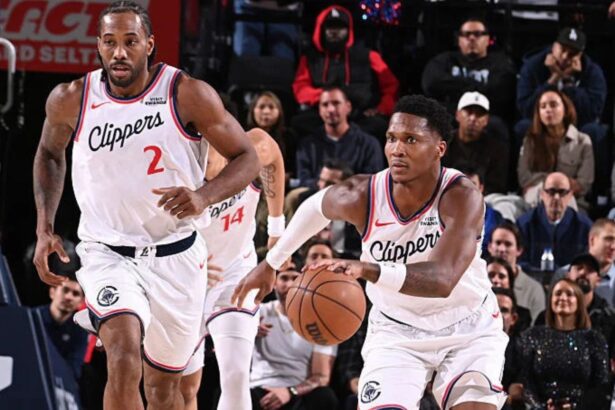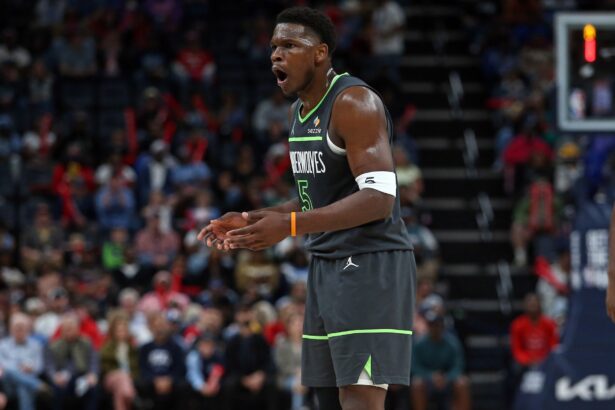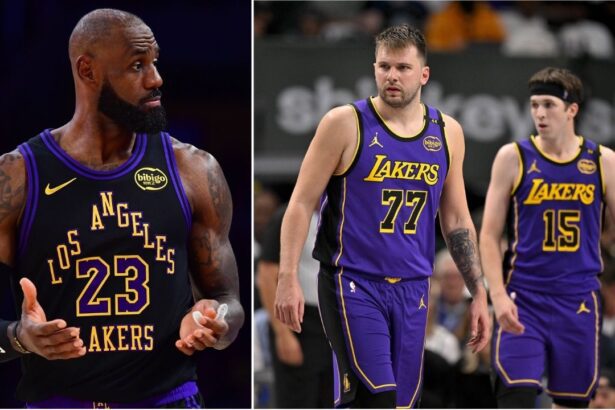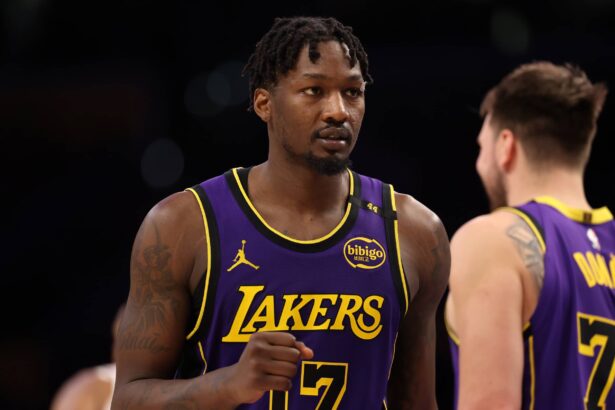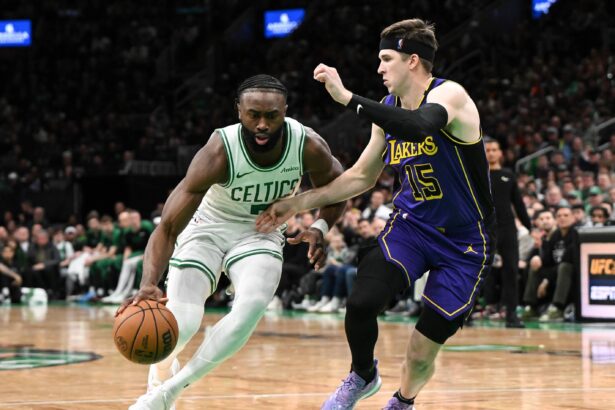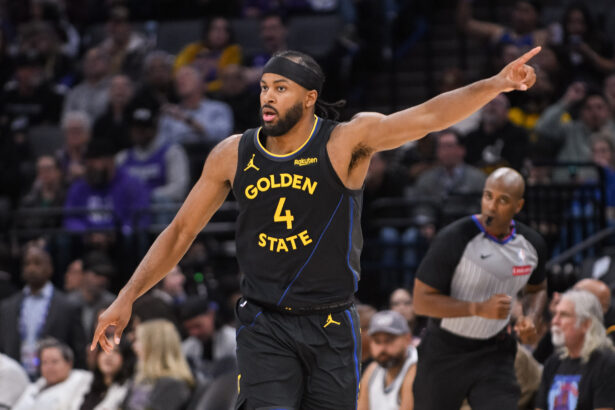Bill Simmons has never been shy about making bold claims, and his recent comments about Michael Jordan’s influence over NBA referees have stirred up quite the debate.
On his podcast, Simmons stated that Jordan had the referees “in his pocket”, comparing the treatment he received to the kind of reverence Beyoncé commands when stepping on stage. It wasn’t just about Jordan getting favorable calls—it was about the way referees idolized him, something that Simmons believes adds to his GOAT case.
“The best I ever saw when it came to dealing with the refs at games over the years was Jordan. But I think there was so much star power with Jordan that it almost helps his GOAT case if you’re talking GOATs.”
“The way the refs were just in his pocket—I’m not even talking about him getting calls—I’m talking about those dead spots when people were shooting free throws or before the game. These guys treated him like Beyoncé walking on stage, like they were in the Beyhive.”
“Especially in the last three years after he came back, he just had a command of the fans, the refs, the entire room. He got every call he wanted. If he was upset at a call, he could say whatever he wanted.”
“If he was yelling at a ref, the ref would actually look bummed out, like, ‘Oh, Michael Jordan doesn’t like how I’m reffing today.’ You could actually see them lose it a little bit. He was the best.”
“Kobe had a little of that too. I’m still thinking about part of what made Kobe special—that was another one who had it.”
Simmons described how, especially in the final three years of Jordan’s career, referees were in complete awe of him. If Jordan was upset about a call, his mere displeasure seemed to rattle the officials. He didn’t just get away with arguing calls—his frustration visibly affected the referees, almost as if they felt guilty for disappointing him.
Simmons’ observation highlights an important reality in the NBA: superstars often receive favorable treatment. This isn’t unique to Jordan, but Simmons argues that no one commanded as much respect and control over officials as he did. While some might see this as unfair, others believe it’s simply the result of Jordan’s larger-than-life presence.
There’s no doubt that Jordan’s aura gave him an edge, something that extended beyond just his talent. He was not the most physically dominant player in NBA history, but his mind games, influence, and presence gave him a psychological advantage that few have ever possessed.
It must also be noted that LeBron James has never received the same treatment. Unlike Jordan, who often played finesse basketball and thrived in mid-range isolation, LeBron’s game has always been built on raw physicality. His sheer strength and power allowed him to bulldoze past defenders, but it also meant that referees were reluctant to call fouls on his drives.
This has long been a talking point among LeBron’s supporters—he doesn’t get calls simply because he is so strong. Players of similar stature, like Shaquille O’Neal, faced the same problem.
Since they could finish through contact, referees were less likely to blow the whistle, assuming the contact didn’t significantly impact the play. This has led to LeBron being officiated differently from players like Jordan or Kobe Bryant, who had a smoother, less physically imposing playstyle.
Simmons’ take might sting for some LeBron fans, but it’s hard to argue against. Jordan had the referees on his side, LeBron often does not. That doesn’t mean Jordan wasn’t the greatest, but it does mean that he had advantages that went beyond just his skill level.
At the end of the day, superstar treatment is a real thing, but Jordan’s level of influence was unprecedented. He wasn’t just a great player—he was a cultural icon. The referees weren’t just officiating a game; they were officiating Michael Jordan’s game. The psychological impact of his presence extended beyond the court, making him feel untouchable at times.
Jordan might not have been the physical specimen that LeBron is, but he had something just as valuable—a legendary aura that made everyone, including referees, gravitate toward him.
Thank you for being a valued reader of Fadeaway World. If you liked this article, please consider following us on Google News. We really appreciate your support.






